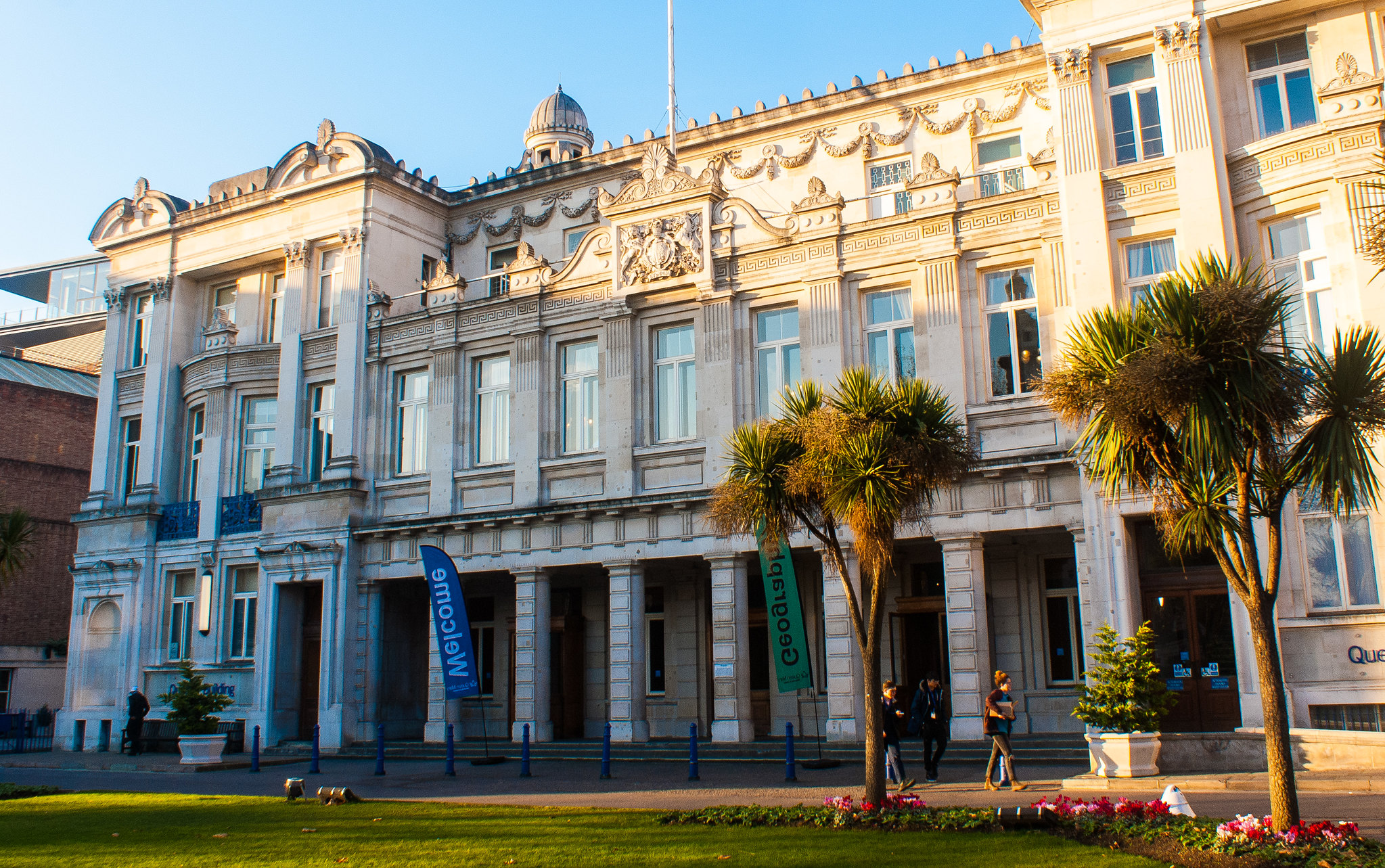We work proactively to provide a vibrant learning and teaching environment in the School, one that supports innovation and creativity as well as promoting engagement and participation in all that we do.— Professor Alastair Owens, Director of Education
100% of students agree that staff are enthusiastic and good at explaining things
Postgraduate Taught Experience Survey (2024)
Our approach to teaching and learning is informed by university-wide best practice, external benchmarking standards and builds on the knowledge and experience of staff within the School of Geography.
Guiding Principles
Six guiding principles define what you can expect from teaching on our postgraduate Masters programmes. Your learning will be:
- Research-led: We are committed to providing an educational experience that is informed and enhanced by our research and scholarship.
- On campus and in-person: In-person teaching is the norm for delivering a campus-based programme, supplemented by online technology and field activities.
- Anti-racist and inclusive: We are committed to decolonising the curriculum and promoting an environment that is anti-racist, inclusive and supportive.
- Engaged and accessible: We aim to encourage engagement and participation in all our learning activities, and to accommodate different learning needs.
- High quality and professional: We will provide access to high quality resources and maintain the highest possible professional standards when delivering teaching and learning.
- Positive: We aim to foster our students’ sense of community and belonging to the School and to promote a positive learning experience for all.
We regularly review our key teaching and learning approaches. Students also feed into these discussions as active participants in our learning community and we act on their feedback raised through regular module evaluations and our Student Voice Committee.
Take your studies to the next level
Specialise and achieve your goals with a postgraduate degree in geography, global development and environmental science from a QS World Top 150 School (2024).
Course structure
Our programmes are delivered through a range of different teaching and learning methods. On average, you will spend 8-12 hours a week in a combination of lectures, seminars, workshops, lab sessions and practical classes - depending on your programme. You will also have regular one-to-one meetings with your dissertation supervisor as you prepare for your independent research project and plan your career after graduation.
Many of the modules also include fieldwork components (in London, the rest of the UK and - on some programmes - overseas) where you can spend time in the field with members of staff and other students, putting your classroom learning into real-world context. We also have excellent teaching facilities and have invested significantly in world-leading laboratories and equipment to support analysis and fieldwork for our Geography, Global Development and Environmental Science programmes.
Independent study
For every hour spent in classes you will be expected to complete a further 4-6 hours of independent study. Your individual study time could be spent preparing for, or following up on formal study sessions, reading, producing coursework, and completing projects.
The direction of your individual study will be guided by the formal study sessions you attend, along with your reading lists and assignments. However, we expect you to demonstrate an active role in your own learning by reading widely and expanding your own knowledge, understanding and critical ability.
Independent study will foster in you the ability to identify your own learning needs and determine which areas you need to focus on to become proficient in your subject area. This is an important transferable skill and will help to prepare you for the next step in your career after graduation.
Assessment
Most of our modules are assessed through coursework, although some modules on programmes taught with other Schools in the university have examinations as well. Coursework takes a variety of forms, including extended essays, short reports, posters, oral presentations and group work. You will also participate in problem-based learning, where you work in small, collaborative groups with guidance from the lecturer or seminar leader.
Coursework is submitted throughout the academic year. Exams are held in January and May each year and may include short answer questions, problem solving or essays. All students must complete a dissertation showcasing a piece of their own original research on a topic of their choosing.


